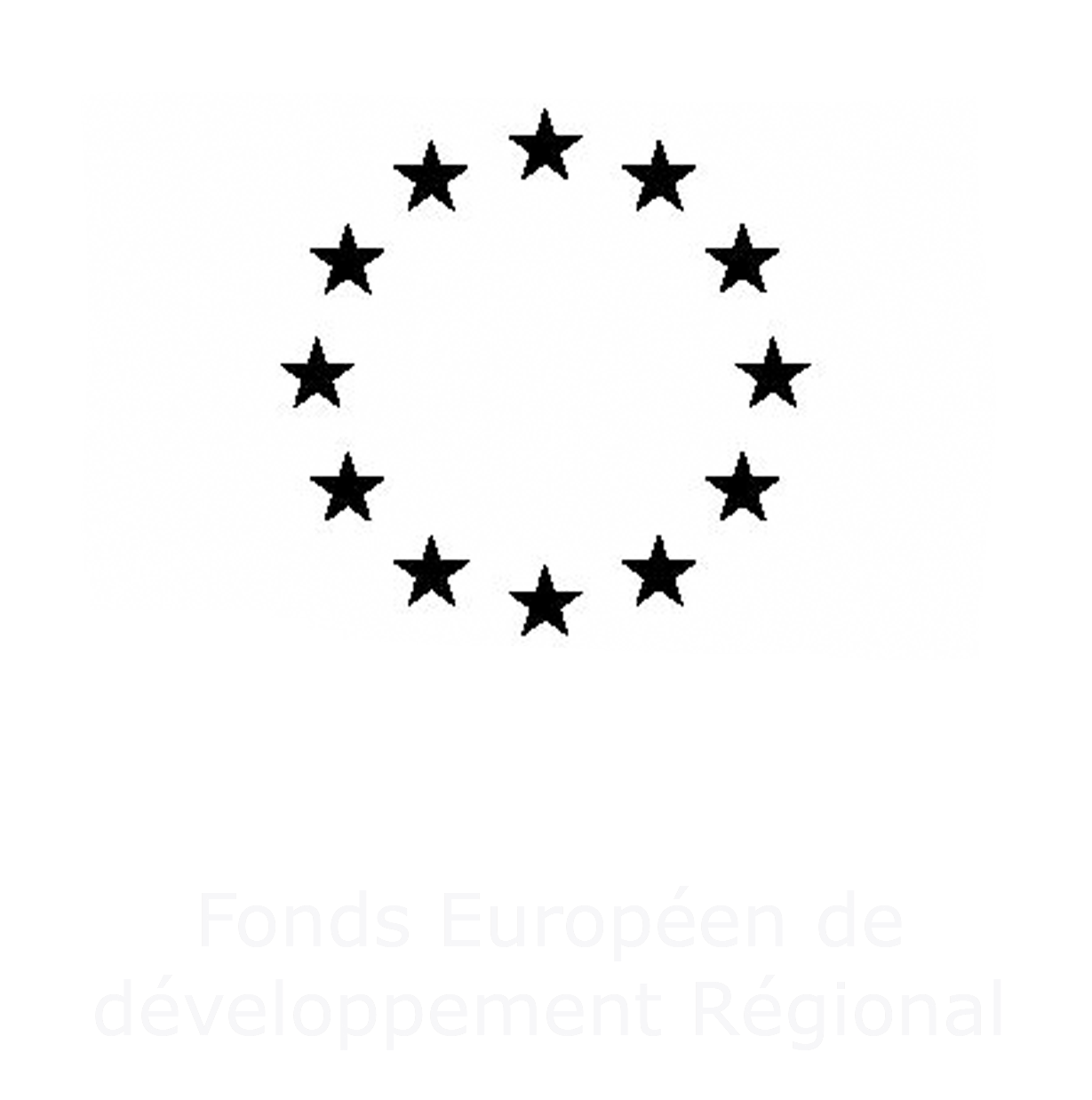Master’s 2 – Information Security and Cryptology (CRYPTIS)
Training
Initial course and ongoing training throughout life
Level
five years of post-secondary education
Method
Classroom-based
Duration
2 semesters.
Course venue
Faculté des Sciences et Techniques
123, Avenue Albert Thomas
87060 LIMOGES CEDEX
Contact details
Co-course supervisor ( MCCA)
ARNAULT François
Objectives
The Cryptis speciality offers two courses, one in mathematics, cryptology, coding and applications (MCCA), the other in IT security (IS). The MCCA course trains experts in the development and implementation of cryptographic tools (software or equipment, such as smart cards) aimed at integrating engineering teams in industry, services and the public sector. The IS course aims to train managers capable of taking charge of the design, deployment and securing of an information system. It also trains specialists in the development of secure software and equipment. The presentation of advanced techniques and concepts also allows for moves toward careers in research. The speciality is based on the research teams “Protection of Information, Cryptography, Coding” (PICC), and “Smart Secure Devices” (SSD) from the XLIM laboratory. This master’s is organised around two recommended courses, one designed for students with an IT profile, the other for candidates with a mathematical profile, the possibility remaining open to some students, with the approval of the teaching staff, of combining courses to achieve individual professional goals.
Skills
Graduates acquire a mastery of mathematical foundations in cryptology and coding of information: number theory, elliptic curves, provable security, Boolean functions, formal calculation and information theory.
They also acquire operational expertise: software development, smart cards, formal methods, secure programming, IT networks, norms and technology standards, which allow them to take charge of the design, the deployment and the securing of a distributed information system, and to develop secure software and equipment (smart cards, for example).
At the end of the course, each student has a descriptive appendix entitled “Supplement to Degree” which provides a precise description of the university curriculum followed and the skills acquired during the period of study as well as a fair evaluation of progress made and skills acquired.
Number of ECTS credits: 120
Registration fee
Approximately 480 euros (including social security).
Campus France
The University of Limoges belongs to the agency Campus France and the facility CEF (Centre pour les Études en France). International students who live abroad (outside the EU, excluding BGE/BGF [holders of scholarships awarded by the French government and foreign countries, respectively]), wishing to pursue their studies in Limoges, must file their applications with the agency Campus France. A Centre pour les Études en France exists in the following countries: Algeria, Argentina, Benin, Brazil, Burkina Faso, Cameroon, Chile, China, Colombia, Comores, Gabon, Guinea, India, Indonesia, Ivory Coast, Japan, Lebanon, Madagascar, Mali, Mauritius, Mexico, Morocco, Peru, Republic of Congo, Russia, Senegal, South Korea, Syria (suspended), Taiwan, Tunisia, United States, Vietnam. The procedure is dematerialised: for more information, please click on the link below.
Organisation of the curriculum
Courses, tutorials, practical work and a mandatory work placement at a company or in a public service. It must last a minimum of 4 months and a maximum of 6 months. Some work placements are offered abroad. It is also possible to do laboratory research work if the student wishes to continue towards a thesis.
——————————————————————————————————————————-
Semester 3 Course in mathematics, cryptology, coding and applications (MCCA)
Mandatory list
Organisation of the company
English
Cryptographic mechanism and application|
Secret key cryptography
Public key cryptography
Development of cryptographic software
Elective list (minimum : 2, maximum : 4)
Smart card and Java Card
Certification and secure development
Security methodology
Correcting codes and cryptography
Number theory and elliptic curves
Mathematical tools for cryptography
Semester 4 Course in mathematics, cryptology, coding and applications (MCCA)
Mandatory list
Work placement at a company
——————————————————————————————————————————-
Semester 3 Course in IT Security (IS)
Mandatory list
Organisation of the company
English
Administration and security of systems and networks
Cryptographic mechanism and application
Development of cryptographic software
Elective list (minimum : 2, maximum : 3)
Smart card and Java Card
Applicative security
Wireless mobile devices
Certification and secure development
Security methodology
Introduction to IT security research
Option 3IL
Semester 4 Course in IT Security (IS)
Mandatory list
Work placement at a company
Further studies
Possibility of pursuit of doctorate in IT or mathematics
Professional integration
Potential employers : smart cards, telecommunications and networking equipment industries, publishers of multimedia document protection solutions, high-tech consulting companies, public institutions (Ministry of Defence, Ministry of the Interior), Centre of assessment and security (Cesti), IT service companies.
Careers covered: cryptology engineer, secure software design and development engineer (smart cards…), cryptology and information security consultant, technical or organisational auditor, integrator, security architect, security administrator, systems and networks administrator, ultimately an information system security manager, but also a lecturer (cryptology, coding, IT).
Industries : IT departments of large companies, audit firms and security consultants, integrators, IT services companies, security software publishers, public institutions (Ministry of Defence, Ministry of the Interior, local authorities …) in addition, for doctors: universities, engineering schools, major research organizations (CNRS, INRIA, …).

